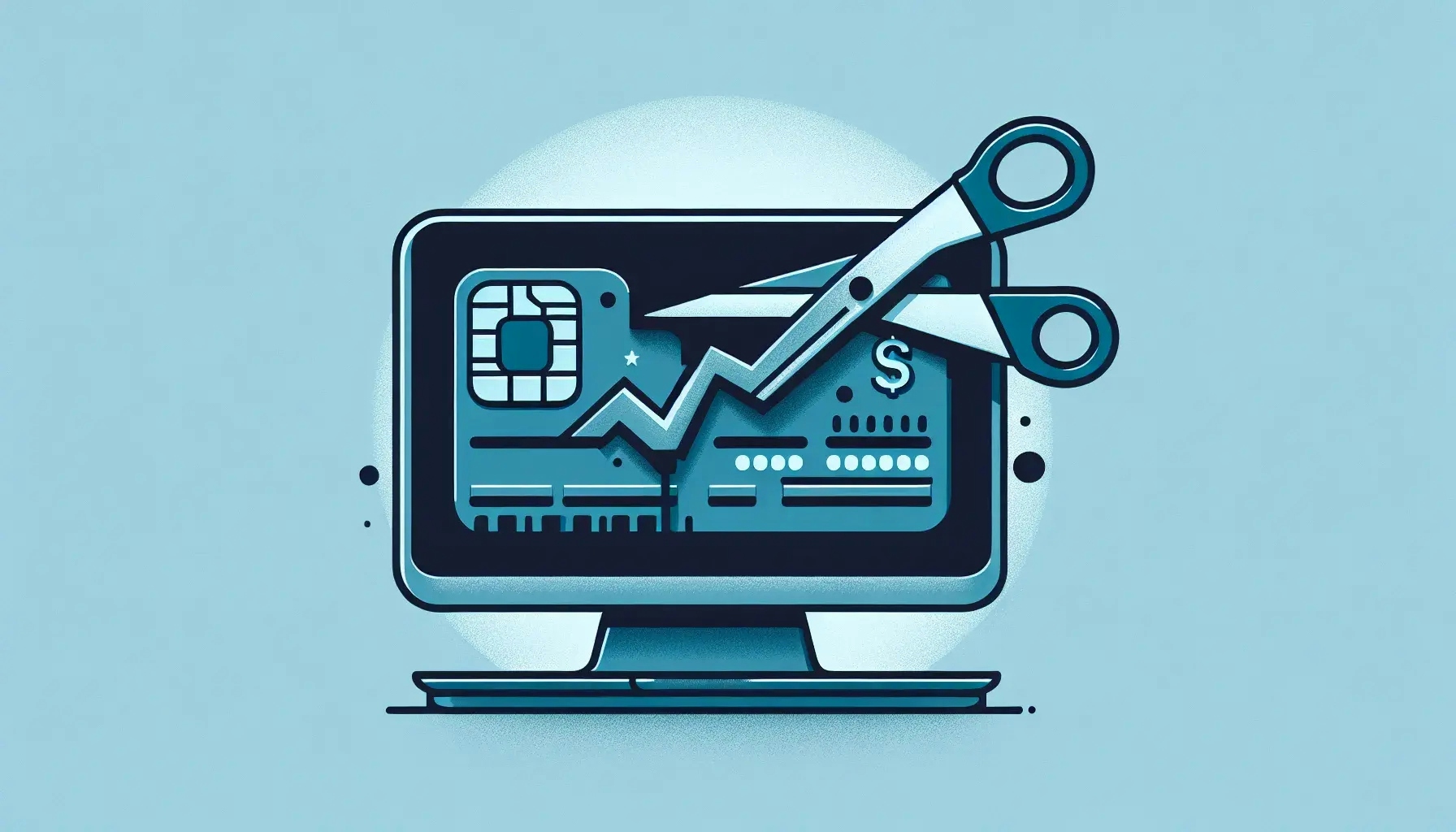Why Was My Credit Limit Decreased
CreditLimit.io

Have you ever logged into your credit card account only to find that your credit limit has unexpectedly decreased? This situation can be both confusing and frustrating. In this blog post, we will delve into the reasons behind such occurrences. We will explore the factors that credit card issuers consider when adjusting credit limits, and provide insights on how to prevent a decrease in your credit limit.
Understanding Credit Limit
A credit limit is the maximum amount that a credit card issuer allows you to borrow. It's a delicate balance that lenders strike between granting you enough credit to use their card for purchases, and limiting their risk of you not paying back the debt.
Credit card issuers determine your credit limit based on several factors. These include your credit score, income, debt-to-income ratio, and your credit history. If any of these factors change significantly, your credit card issuer may decide to adjust your credit limit accordingly.
For instance, if your income decreases significantly, your credit card issuer may lower your credit limit to reduce their risk. Similarly, if your credit score drops or your debt-to-income ratio increases, your credit card issuer may also decide to lower your credit limit.
Reasons for Credit Limit Decrease
There are several reasons why your credit card issuer might decide to decrease your credit limit.
One common reason is a decrease in your credit score. Your credit score is a numerical representation of your creditworthiness, and it's one of the key factors that lenders consider when determining your credit limit. If your credit score decreases significantly, your credit card issuer may decide to lower your credit limit to reduce their risk.
Another reason could be a high credit utilization ratio. This ratio is the amount of credit you're using compared to your total credit limit. If you're constantly maxing out your credit card, your credit card issuer may see this as a sign of financial distress and decide to lower your credit limit.
A decrease in income can also lead to a lower credit limit. If your income decreases significantly, your credit card issuer may decide to lower your credit limit to match your new income level.
Impact of a Decreased Credit Limit
A decreased credit limit can have several impacts on your financial health.
Firstly, it can increase your credit utilization ratio. This ratio is a key factor in the calculation of your credit score, and a higher ratio can lead to a lower credit score.
Secondly, a decreased credit limit can limit your purchasing power. This can be particularly problematic if you rely on your credit card for large purchases or emergencies.
Lastly, a decreased credit limit can be a sign of financial distress. If your credit card issuer decreases your credit limit, it may be because they believe you're at risk of defaulting on your debt. This can be a wake-up call to take a closer look at your financial habits and make necessary changes.
How to Prevent a Credit Limit Decrease
There are several steps you can take to prevent a decrease in your credit limit.
One of the most effective ways is to maintain a low credit utilization ratio. This shows your credit card issuer that you're using your credit responsibly and not relying too heavily on it.
Another important step is to pay your bills on time. Late payments can lead to a decrease in your credit score, which can in turn lead to a lower credit limit.
Keeping your income stable or increasing it can also help prevent a decrease in your credit limit. If your income decreases significantly, your credit card issuer may decide to lower your credit limit to match your new income level.
What to Do If Your Credit Limit Decreases
If your credit limit decreases, there are several steps you can take.
Firstly, you can contact your credit card issuer to ask why your credit limit was decreased. They may be able to provide you with specific reasons and advice on how to prevent it from happening again.
Secondly, you can work on improving your credit score. This can involve paying your bills on time, reducing your debt, and maintaining a low credit utilization ratio.
Lastly, you can consider applying for a new credit card. This can help increase your total available credit and lower your credit utilization ratio. However, it's important to use this strategy responsibly and not take on more debt than you can handle.
The Role of Credit Monitoring
Regular credit monitoring can help you stay on top of changes to your credit limit and other aspects of your credit profile.
Credit monitoring services can alert you to changes in your credit report, including decreases in your credit limit. This can give you a chance to address the issue before it impacts your credit score.
In addition, credit monitoring can help you identify any errors or fraudulent activity on your credit report. This can be particularly helpful in preventing a decrease in your credit limit due to factors outside of your control.
Wrapping Up: Navigating Credit Limit Decreases
Understanding why your credit limit was decreased is the first step in addressing the issue. By keeping a close eye on your credit score, maintaining a low credit utilization ratio, and paying your bills on time, you can help prevent a decrease in your credit limit. If your credit limit does decrease, don't panic. Reach out to your credit card issuer, work on improving your credit score, and consider your options carefully. With the right approach, you can navigate this financial challenge successfully.